What is NCCCO Certification?
NCCCO Certification is a credential that demonstrates a construction worker’s competence in operating cranes and other lifting equipment. It assures that the certified individual has acquired the necessary knowledge and skills to perform their job safely and effectively. Construction companies often require workers to obtain NCCCO Certification to ensure their compliance with industry standards and regulations.
Importance of NCCCO Certification in the Construction Industry
NCCCO certification demonstrates your ability to operate cranes and other construction equipment safely and effectively. This certification is highly valued in the construction industry, as it ensures that operators have undergone comprehensive training and rigorous testing to meet industry standards. Having NCCCO certification can open up more job opportunities and increase your earning potential. It also enhances safety on construction sites by ensuring that crane operators have the necessary skills and knowledge to prevent accidents.
Types of NCCCO Certifications
NCCCO offers various types of certifications for different roles in the construction industry. These include certifications for crane operators, riggers, signalpersons, and lift directors. Each certification requires specific training and knowledge to ensure safety and competence in the respective role. Having the right NCCCO certification can open up opportunities and demonstrate your expertise in the field.
Sky Point Crane employs NCCCO crane operators to ensure that our crane operators have the highest level of training available to our customers. When a client is looking for a crane rental company, it is important to educate them on the importance of NCCCO certification and why it matters.
We also explain to our customers why Sky Point Crane has invested in NCCCO Lift Director Certification for our Project Managers as a means of reassuring our customers that they are working with a safety-minded and reputable company that prioritizes the safety of THEIR project.
Requirements for NCCCO Certification
To obtain NCCCO certification, candidates must meet the following requirements:
- Have a high school diploma or equivalent.
- Complete a CCO written exam that corresponds to the type of certification being sought.
- Pass a corresponding practical exam within 12 months of passing the written exam.
Meeting these requirements demonstrates a candidate’s ability to operate cranes and lifts safely and effectively within the construction industry.
NCCCO Training Programs
NCCCO offers various training programs to help individuals prepare for certification. The training focuses on safety, equipment operations, and the knowledge needed to pass the certification exam. The programs cover topics such as load charts, rigging practices, hand signals, and proper equipment usage. Completing the training programs can increase your chances of passing the NCCCO certification exam and demonstrate your proficiency in crane operation and safety procedures.
Benefits of NCCCO Certification for Construction Workers
The NCCCO certification can lead to higher earning potential, better job opportunities, and increased job security for construction workers. According to the National Commission for the Certification of Crane Operators, certified operators can earn up to 40% more than non-certified operators. Additionally, many construction companies require NCCCO certification as a prerequisite for employment, giving certified workers a competitive edge in the job market. Furthermore, certification demonstrates a commitment to safety and professionalism, which can lead to better job prospects and long-term career advancement in the construction industry.
Job Opportunities with NCCCO Certification
The NCCCO certification can open up various job opportunities in the construction industry. Many employers look for candidates with NCCCO certification when hiring for crane operation or rigging positions. It demonstrates that you have the necessary skills and knowledge to operate cranes and perform rigging tasks safely and effectively. With this certification, you may have the chance to work on a variety of construction projects, including building and infrastructure developments, which can lead to a rewarding and dynamic career in the industry.
NCCCO Certification Process
The NCCCO certification process involves completing a written exam and a practical exam to demonstrate your knowledge and skills. Once you pass both exams, you’ll receive your certification. The process is rigorous, but it’s important for enhancing safety and quality in the construction industry. Employers often prioritize hiring operators who are NCCCO certified due to the high standards the certification represents.
Exam Preparation and Test Format
The NCCCO certification exam has both written and practical components. The written part consists of multiple-choice questions, while the practical part involves demonstrating your skills in operating specific equipment. To prepare for the exam, consider taking a prep course or studying the NCCCO Candidate Handbook. The test format includes questions about load charts, site hazards, and proper rigging techniques, which are essential knowledge for crane operators. It’s crucial to familiarize yourself with the test format and practice regularly to ensure success in obtaining your NCCCO certification.
Conclusion and Next Steps
In conclusion, getting NCCCO certification can open up job opportunities and potentially lead to higher pay in the construction industry. If you are serious about pursuing a career as a crane operator or rigger, obtaining this certification is essential. To take the next step, you can start by researching training programs and scheduling your certification exams. In addition, networking with professionals who already hold NCCCO certification can provide valuable insight and guidance. Keep in mind that staying updated with industry standards and regulations is crucial for maintaining your certification and advancing in your career.


